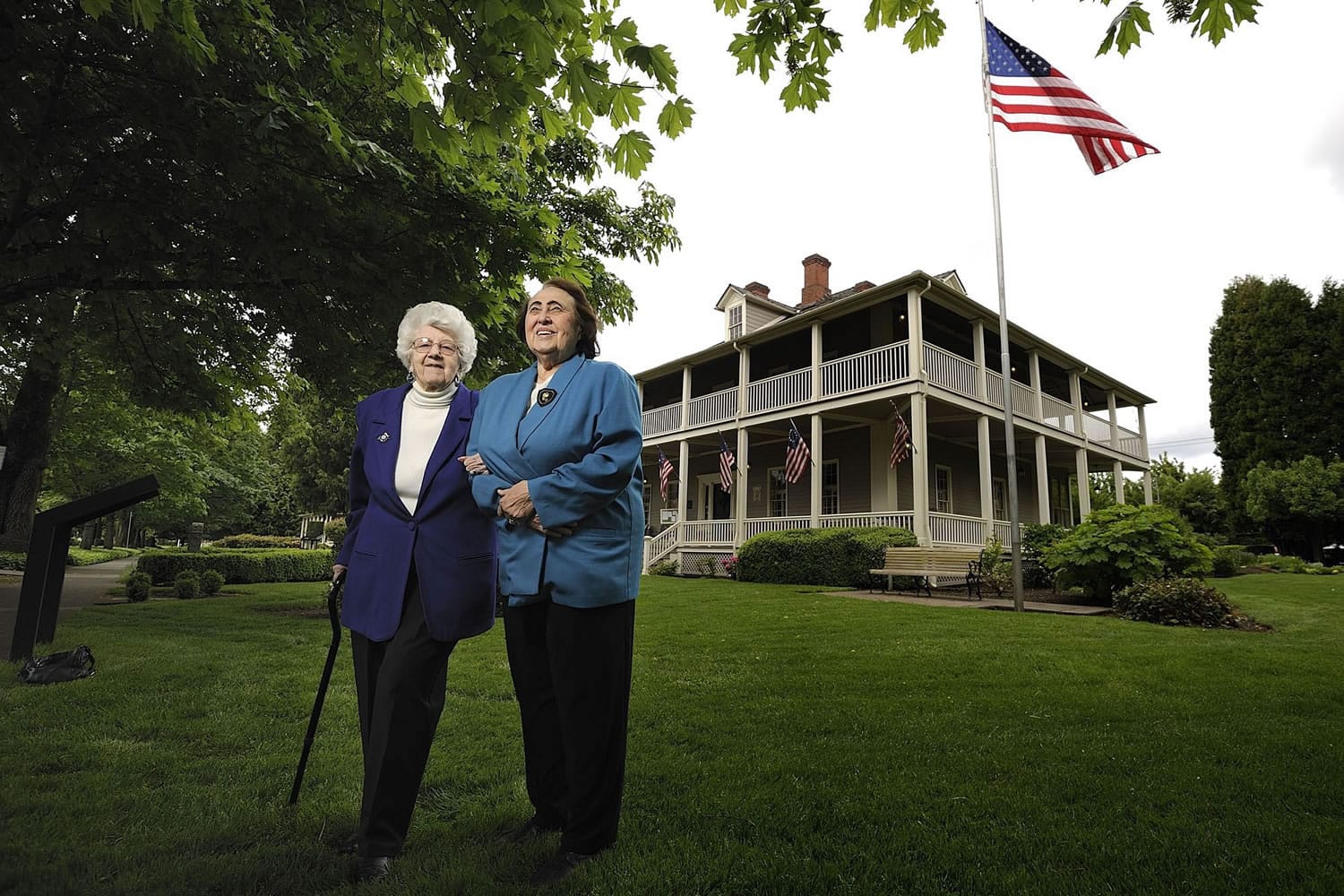On Dec. 6, 1941, the night before Pearl Harbor, some of the most powerful professional women in the area joined together at the Evergreen Hotel downtown to form a new club: the Soroptimist International of Vancouver.
On May 17, 69 years later, members of SI Vancouver voted to disband — and to distribute $175,000 in final gifts to seven community agencies that will continue making Southwest Washington a better place for women and girls.
They are: Clark College Foundation (for women head-of-household scholarships), $30,000; YWCA Foundation, $40,000; Empower Up (computer and technology recycling and education), $20,000; Learning Avenues (formerly East Evergreen) Child Care Centers, $20,000; Free Clinic of Southwest Washington, $20,000; Arthur D. Curtis Children’s Justice Center, $25,000; YWCA SafeChoice (domestic violence) program, $10,000. Plus, there was a $5,000 donation to a sister Soroptimist club in Kyoto, Japan.
“There were some heartfelt feelings about those final dollars,” said past president Marjorie Akers.
Several more Soroptimist organizations remain active locally, and many of the women in the original club have transferred their allegiance to one or another of those.




